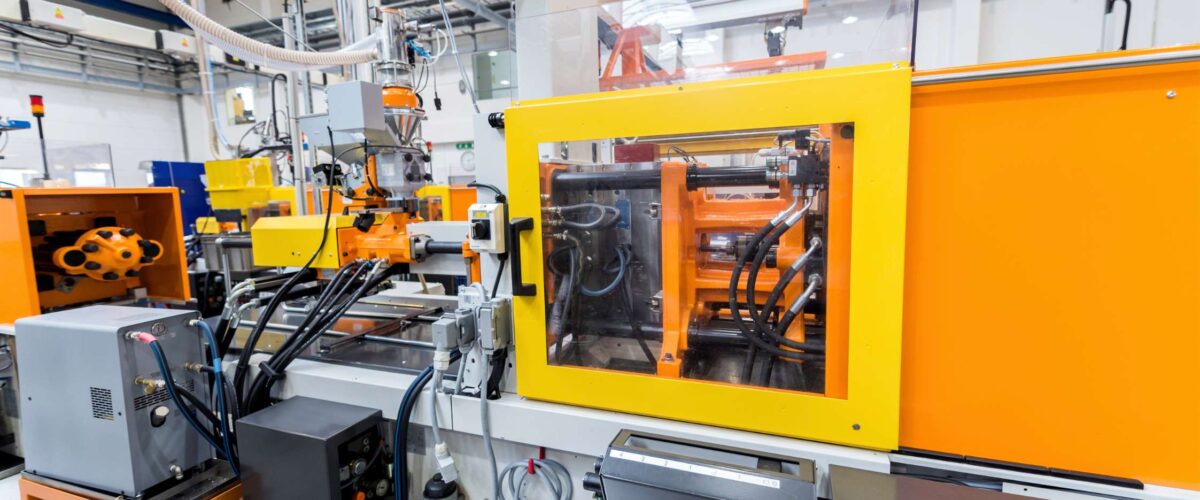Injection molding is one of the most popular and versatile manufacturing processes for producing plastic parts. It involves injecting molten plastic into a mold, which is then cooled and ejected to produce a solid part. One of the most critical factors in the injection molding process is selecting the right plastic resin. In this article, we will discuss the top 10 plastic resins used for injection molding.
1. Polyethylene (PE): Polyethylene is the most commonly used plastic resin in the world, thanks to its low cost and excellent chemical resistance. It is ideal for producing products that require flexibility, durability, and resistance to environmental factors.
2. Polypropylene (PP): Polypropylene is a versatile and lightweight plastic resin that is commonly used in the automotive, packaging, and medical industries. It has excellent chemical and moisture resistance, making it an excellent choice for applications where durability is essential.
3. Acrylonitrile Butadiene Styrene (ABS): ABS is a thermoplastic that is commonly used in the automotive and electronics industries. It is known for its excellent impact resistance and high gloss finish, making it an ideal choice for products that require both strength and aesthetics.
4. Polystyrene (PS): Polystyrene is a versatile and cost-effective plastic resin that is used in a wide range of applications, from disposable cutlery to medical devices. It has excellent clarity and is easily molded into complex shapes, making it a popular choice for products that require a clear or transparent finish.
5. Polyethylene Terephthalate (PET): PET is a lightweight and durable plastic resin that is commonly used in the beverage and food packaging industries. It is known for its excellent clarity and resistance to impact, making it an ideal choice for products that require transparency and durability.
6. Polycarbonate (PC): Polycarbonate is a strong and durable plastic resin that is commonly used in the automotive, electronics, and medical industries. It is known for its excellent impact resistance and high heat resistance, making it an ideal choice for products that require strength and durability in extreme conditions.
7. Nylon (PA): Nylon is a versatile plastic resin that is commonly used in the automotive and textile industries. It is known for its excellent strength, durability, and abrasion resistance, making it an ideal choice for products that require both flexibility and toughness.
8. Polyvinyl Chloride (PVC): PVC is a durable and versatile plastic resin that is commonly used in the construction, automotive, and electrical industries. It is known for its excellent chemical and weather resistance, making it an ideal choice for products that require strength and durability in harsh conditions.
9. Polysulfone (PSU): Polysulfone is a high-performance plastic resin that is commonly used in the aerospace, medical, and automotive industries. It is known for its excellent resistance to chemicals and high temperatures, making it an ideal choice for products that require strength and durability in extreme environments.
10. Acetal (POM): Acetal is a strong and durable plastic resin that is commonly used in the automotive, medical, and consumer goods industries. It is known for its excellent dimensional stability and low friction, making it an ideal choice for products that require precision and reliability.
In conclusion, selecting the right plastic resin is critical to the success of an injection molding project. The choice of plastic resin depends on various factors, such as the application, performance requirements, and cost. By considering the properties and characteristics of each plastic resin, manufacturers can select the right material for their product and achieve optimal results.

